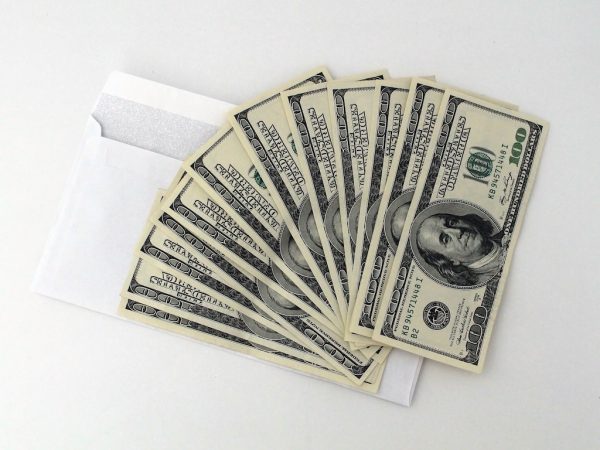
If you don’t have any savings and want to buy something substantial, or worse, you’re in a financial emergency and can’t even cover your bills, the most obvious option is to take out a loan.
But is this the best solution? Loans put you in debt and cost a lot in interest, especially if you have bad credit and are given a high rate. Loans are also usually designed to be repaid over a long period of time, which isn’t always desired.
Fortunately, in the modern world there is an increasing number of ways to avoid using loans – here are our 8 top tips to do just that …
1) Ask for Advance on Wages
Following tough economic times, it is now much more common for employees to ask and be granted an advance on their wages or salary, with formal policies in place in many workplaces.
An advance is literally that, getting a portion of your next round or wages in advance. Some employers may skim this off several months-worth of wages, so it doesn’t push you further into financial hardship.
2) Overdraft
A bank overdraft is an agreement that allows you to go overdrawn within a set limit. They have become much more common and easier to obtain in recent years and typically come with better terms than in the past.
You may not be charged any interest if you deposit funds to bring your account into the positive within a set period of time (a bit like repaying a credit card).
3) PayPal Credit
PayPal Credit is much like a credit card, but tied to your PayPal account and is only available where paying with PayPal is also accepted.
4) Borrow Formally from Friends or Family
There’s an old belief that you should never borrow money from your friends and family because it can cause a rift in the relationship.
They fear you won’t pay them back and even if you do, they don’t get anything out of it. Sadly, you are in fact less likely to pay them back than a bank, which justifies this fear, because there’s no legal obligation to do so and the loan isn’t formalized with rules and a repayment schedule.
An increasingly common solution to this is to draft up a formal contract that stipulates a modest interest rate and sets a repayment schedule. There are now templates and tools online to accomplish this.
So, while you won’t be avoiding a loan altogether, you can borrow from friends and family in a way that’s cheaper than the bank and will be less likely to burden the relationship.
5) Budget Using Apps
Budgeting and managing your finances to avoid needing a loan in the first place can be quite difficult if you’re not great with numbers or spreadsheets. Fortunately, there are now many apps for your smartphone that can monitor what you spend and help formulate a budget. You can even link these to your bank and credit accounts for an accurate assessment.
6) Zero Interest Credit Card
As a way to entice new customers, credit card providers routinely offer cards with zero percent interest on purchases. The offer may last anywhere from a few months to a few years and therefore become a great alternative to taking out a loan.
7) Sell Online
A few decades ago, if you want to sell something in an emergency to raise some cash you’d have to have a yard sale or go to a pawn shop in hope that you’d eventually be able to repay and get your item back.
Today, selling things outright couldn’t be easier. As well as eBay, there are now local Facebook groups where you can promote your items for local pickup and cash payment.
8) Freelance Online
It stands to reason that if you need a loan you need money. One option if you’re not in an emergency is to get a side gig online. If you have skills such as writing, graphic design, web design, coding, video editing, or virtually anything else you can produce on a computer, you can make money in your spare time as a freelancer.
If you’ve exhausted all of your options and are in a financial emergency, one of the best solutions is to get an emergency loan online – which can be deposited into your account in as fast as one working day. The process is often much quicker than getting a traditional personal loan from the bank.